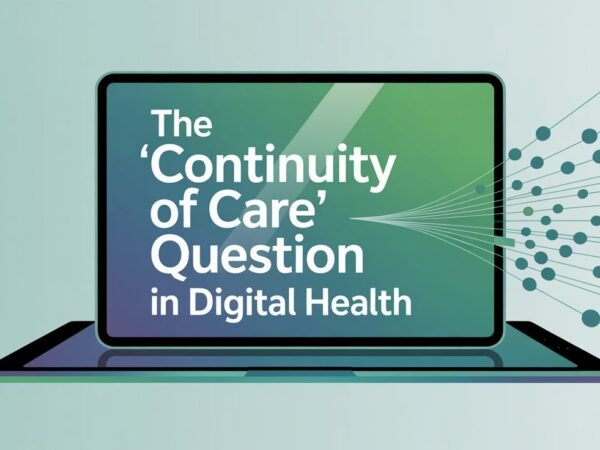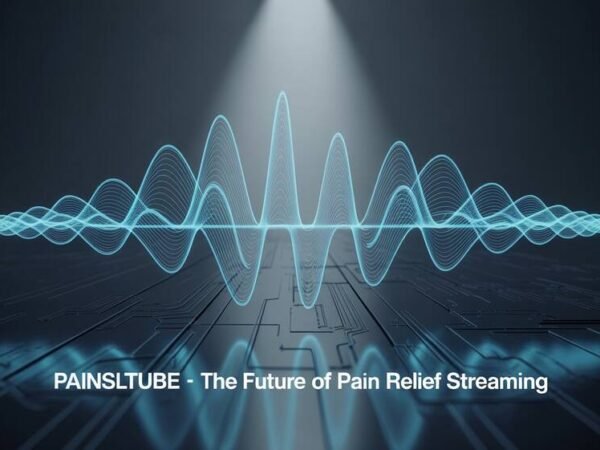Many health concerns are easily spotted through everyday symptoms, but when it comes to bones, problems often go unnoticed until serious damage occurs. Our bones form the structural framework of the body, yet we often overlook them when considering our overall health. Staying informed about bone strength can help avoid fractures, mobility issues, and more severe complications down the line.
One of the most effective methods for evaluating bone health is through DEXA scanning, a specialised type of imaging that measures bone mineral density. DEXA scanning provides a detailed and accurate picture of bone strength, often before any symptoms appear, allowing patients and doctors to take preventative action.
Factors That Influence Bone Strength
Bone density is not fixed throughout life. Various lifestyle, medical, and genetic factors affect the strength of our bones over time. Poor diet, especially low calcium and vitamin D intake, can lead to early deterioration. Likewise, lack of physical activity, smoking, excessive alcohol consumption, and certain long-term medications contribute to weakening bone structures.
Even if a person feels fit and healthy, reduced bone density could already be developing silently. This is why proactive screening, particularly with DEXA technology, plays such a crucial role. Rather than waiting for an incident like a fracture to highlight the issue, early testing allows people to take steps to preserve bone health for longer.
Who Should Consider Bone Density Testing?
While bone health is important at any age, certain groups should be particularly vigilant. Postmenopausal women are at increased risk due to hormonal changes that impact calcium absorption. Older adults in general, particularly those over the age of 65, are also more vulnerable to bone weakening.
People with a family history of osteoporosis, previous fractures, or those on medications like corticosteroids should strongly consider regular assessments. Athletes engaged in high-impact sports or training routines may also benefit from bone health monitoring to prevent long-term wear and tear injuries.
It’s also important for individuals managing chronic conditions, such as rheumatoid arthritis or thyroid disorders, to be aware that these can accelerate bone loss.
How Early Detection Can Make a Difference
Identifying bone density issues early means there’s a better chance of taking simple, non-invasive steps to improve or maintain bone health. Nutritional supplements, increased weight-bearing exercise, and medication where necessary can slow or even halt bone loss. In many cases, lifestyle adjustments alone can significantly strengthen bones and reduce risk.
Without early detection, by the time a fracture occurs, treatment becomes more complex, recovery times lengthen, and future mobility can be compromised. For many, catching the signs early through a DEXA scan can mean the difference between maintaining independence or facing lengthy rehabilitation.
Final Thoughts
Bone health often doesn’t get the attention it deserves until it’s too late. By incorporating regular assessments and understanding the factors that influence bone strength, individuals can take meaningful control of their wellbeing. Investing in early detection today can safeguard both quality of life and independence for years to come.













